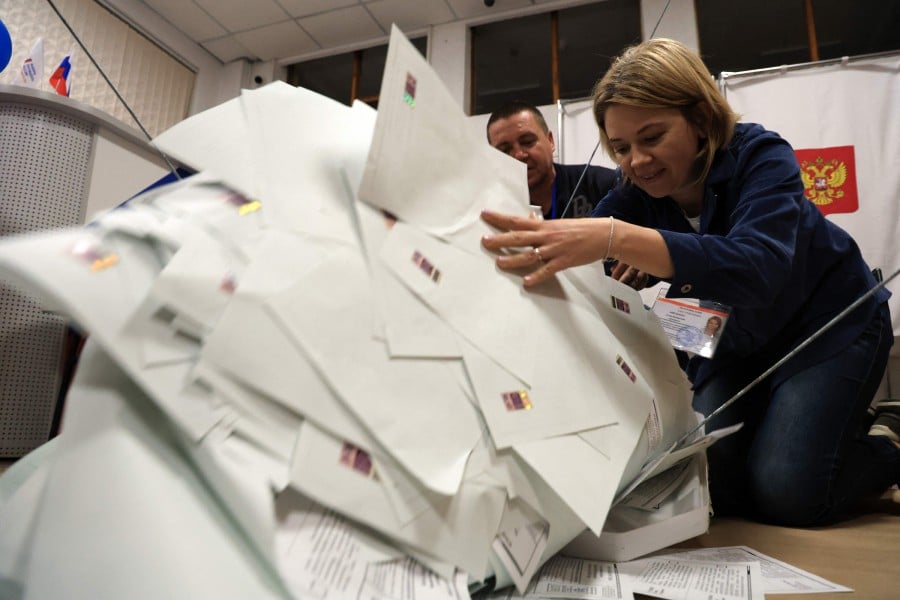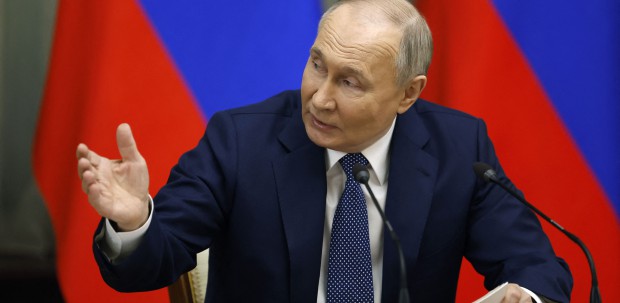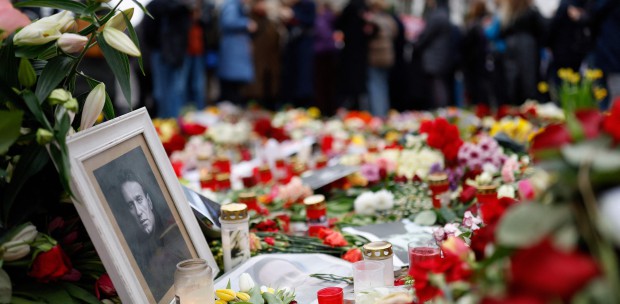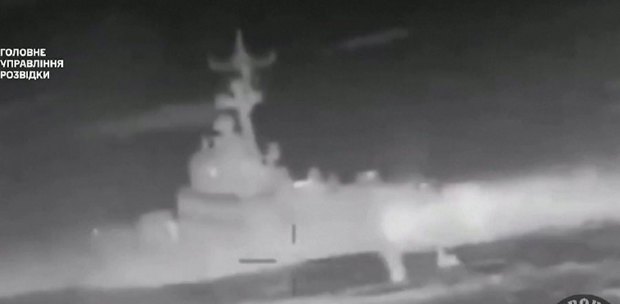PARIS: Since annexing Crimea a decade ago, Russia has sought to suppress the Ukrainian identity of the Black Sea peninsula, Amnesty International said on Monday, adding that the same rulebook was being used with other annexed territories in Ukraine.
In March 2014, Russia formally annexed the peninsula after Crimea voted to break away from Ukraine in a referendum that the West said was illegitimate.
Later that year, Moscow backed a pro-Russian insurgency in eastern Ukraine and eight years later President Vladimir Putin launched a full-scale invasion of the pro-Western country.
In September 2022, Russia claimed to have annexed four more Ukrainian regions – Donetsk and Lugansk in the east and Zaporizhzhia and Kherson in the south.
"In 10 years of occupation, Russia has done everything in its power to delegitimise Ukraine's sovereignty over Crimea," Amnesty said, describing policies Moscow has used "to alter the ethnic makeup" of the peninsula.
"These policies appear to be a blueprint for Russia's designs on other areas of Ukraine it occupies."
The report described attempts to reshape the demographic makeup of Crimea, which is also home to Crimean Tatars who largely boycotted the disputed referendum in 2014.
Many members of the Muslim minority could not forgive Moscow for the horrors their families went through during forced deportations in 1944 under Soviet dictator Joseph Stalin.
The rights watchdog said that Russian authorities have over the past decade sought to suppress Ukrainian and Crimean Tatar identities through multiple restrictions, including in education, religion, media and the judicial system.
"Changes to the curriculum and the almost total eradication of Ukrainian language tuition are designed to ensure that younger generations will lack the knowledge and awareness to challenge the Russian narrative surrounding Crimea's history," the report said.
"This is reinforced by the silencing of all independent media, the suppression of religious minorities and their practices, and the interdiction of cultural celebrations."
People in Crimea have been obliged to accept Russian passports or "face the deprivation of their human rights, denial of access to essential services and even risk being deported", Amnesty said.
Putin's full-scale invasion of Ukraine has "dramatically" worsened the crackdown over "any expression of support for Ukraine or for mere suspicion of disloyalty to the occupying Russian authorities, the watchdog said.
The report cited punishment measures such as work dismissal, fines, house searches, detention and arbitrary arrest and prosecution.
Amnesty said that similar policies were being carried out in other territories of Ukraine currently occupied by Russia.
The watchdog said it had documented "the egregious indoctrination and coercion carried out by Russian authorities in schools in the occupied parts of Zaporizhzhia and Kherson regions and other occupied territories."
The report was released following a three-day stage-managed presidential vote expected to see Putin, 71, win another six-year term. He ran unopposed and a month after his top critic Alexei Navalny, 47, died suddenly in an Arctic prison.
Voting was also organised in the five occupied territories of Ukraine, including Crimea.--AFP





